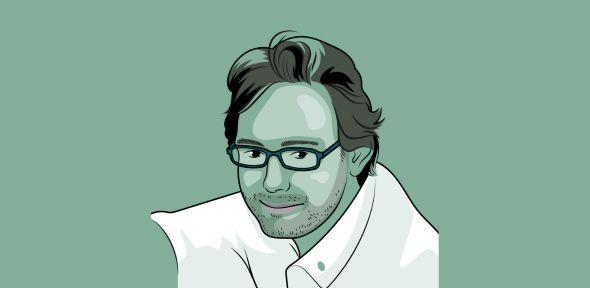Institute of Continuing Education (ICE)
Our website is currently down for maintenance while we transition to our new website. Please do not try to book any courses during this period. Thank you for your understanding.

Submitted by D. Hyde on Thu, 22/06/2023 - 11:28
Course Tutor, for Undergraduate Certificate and Diploma in Evolutionary Biology
The natural world is all around us, from a bee visiting flowers outside the window, to worms burrowing under our feet in the garden. An understanding of biology and the processes affecting the natural world can give a much greater understanding of how nature works. It can help to explain why organisms look and behave the way they do, as well as why and how it is important to conserve nature.
I have an undergraduate degree in Natural Sciences from Girton College and a PhD in the Insect Ecology Group at the Department of Zoology, Cambridge. I am currently the Professor of Insect Ecology for the Department of Zoology and Curator of Insects at the Museum of Zoology.
The natural world is extraordinarily diverse and complex but is under accelerating threats from human action. At the same time, species are being lost at an almost unprecedented rate and people are becoming increasingly aware of the importance and fragility of the natural world. Studying biology and understanding how the natural world works provides a key to unlocking its secrets, ultimately informing its conservation.
Biology is endlessly fascinating, and with an estimated 8 million species sharing the planet with us, there is no shortage of things to study.
I have three main research areas. In the UK, I work with the Wildlife Trust to investigate ways that natural habitats can be managed to conserve species diversity, particularly butterflies. In the Museum of Zoology in Cambridge, I use insect collections, amassed over 150 years, to study long-term changes in the environment. Finally, in South East Asia, I work with a network of organisations to study how oil palm can be managed more sustainably.
I have given public talks about my work throughout my career, but first got involved with continuing education when I started working for ICE as Academic Director and Teaching Officer in Biological Sciences in 2012.
My parents were always very encouraging and supportive of my interests when I was a child, allowing me to keep all kinds of different animals. I think it is this that really got me into biology.
The unexpected questions.
Live every day as if it is your last but learn as if you’ll live forever (the second part of the saying is often forgotten!)
Gardening and cross-country running.